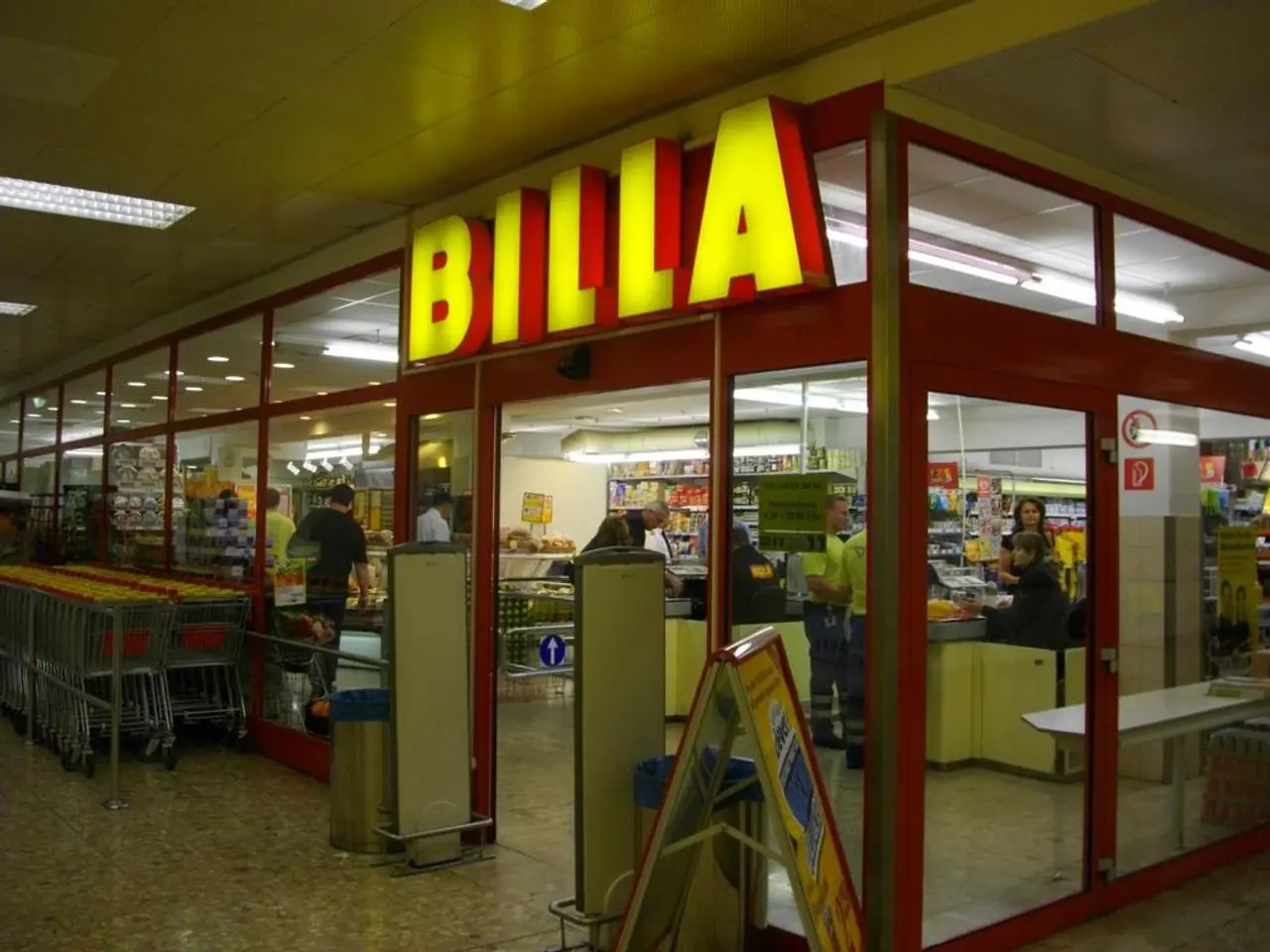Inflation Decreased in February and Egg Prices fell in March
Share the Good News
- Post on Facebook
- Tweet it Out
- LinkedIn Shoutout
The Bright News
Americans finally caught a break from inflation's relentless grip as the Consumer Price Index (CPI) unexpectedly slid to 2.8% in February, shedding the 3.0% it hit in January after a streak of five consecutive monthly surges. What's more, egg prices, the bellwether for post-election inflation spikes, tumbled from about $8 per dozen at the start of this month to a more manageable $5.50 this week, as per data from the United States Department of Agriculture (USDA) compiled by Trading Economics.
Key Details
Egg prices, which skyrocketed nearly 60% compared to February last year and rose 12.5% in January, experienced a steep descent in March. On March 11, they were at $5.51 as opposed to over $8 a dozen at the start of the month.
Another optimistic sign came from shelter costs, which hovered at a 4.2% annual increase on an unadjusted basis—the smallest escalation since December 2021.
Interestingly, the inflation rate for food at home was markedly lower than the overall CPI in February, settling at 1.9%, while restaurant prices persisted in trending higher, clocking in at a 3.7% rise.
Energy prices dipped 0.2%, with both fuel oil and gasoline falling by 5.1% and 3.1%, respectively.
New car prices slipped 0.3%, giving car shoppers a breather. Meanwhile, consumers also enjoyed lower prices for televisions (-8.8%), computers (-6%), and smartphones (-13.7%). However, prescription drug prices registered a 4.6% increase.
Service prices, on the other hand, remained a concern, with transportation services rising 6%, recreation services, including cable, satellite, and streaming television services, inching up by 4.3%, and medical care services creeping up by 3%.
Historical Context
The February CPI dropped lower than analysts anticipated and declined from 3% in January. Prior to this, the inflation rate had begun to creep upwards after hitting a low of 2.4% in September 2024—the lowest rate since March 2021. The favorable CPI figures helped reverse the recent downward spiral in the stock market. As a result, the S&P 500 ended the day with a 0.5% increase, the Nasdaq 100 soared 1.1%, and though the Dow Jones Industrial Average dipped 0.2%.
Core Inflation Settles at Four-Year Low
The February core inflation, which is often viewed as the best gauge of overall inflation as it strips out volatile food and energy prices, registered its lowest level in four years. Core inflation fell to 3.1% in February. Since April 2021, it had been on a steady upwards trajectory.
Wholesale Prices Remain Consistent
The February Producer Price Index (PPI), which demonstrates price changes for wholesale goods, remained unchanged from January on a seasonally-adjusted basis. When not adjusted for seasonality, wholesale prices rose 3.2% over the past 12 months. The Bureau of Labor Statistics shared this figure today.
Some Thoughts
The Conference Board announced that its CEO Confidence Measure increased significantly during the first quarter of 2025, reaching levels not seen in the past three years. Stephanie Guichard, senior economist at The Conference Board, characterized the enhancement in CEO confidence as "significant and broad-based." All components of the Measure saw improvement, except for geopolitical instability, which remains a source of concern for a majority of the 134 CEOs surveyed.
Worth Noting
Despite this positive trend, the ongoing threat of Trump tariffs looms large. As Principal Asset Management's chief global strategist Seema Shah cautioned in a research note, "it's worth remembering that this may be the calm CPI report before the storm." Shah continued, warning that the overall inflation picture "potentially getting uglier as the months go on" as reported by NBC News.
Assured by Ben Ayers
"After hotter readings in December and January, flat producer prices for February should provide some relief that inflation isn't flaring up again. However, one month doesn't make a trend, and the upward pressure for goods costs (even excluding the abnormal increase for eggs) serves as a cautionary sign that imposed tariffs could drive prices higher in the coming months," Ben Ayers, senior economist at Nationwide, shared with CNN.
- The inflation rate unexpectedly declined to 2.8% in February 2025, as per the Consumer Price Index (CPI), giving Americans a break from inflation's relentless grip.
- Interestingly, egg prices, often seen as a bellwether for post-election inflation spikes, experienced a steep descent in March 2025, dropping from around $8 per dozen at the start of the month to $5.50, according to data from the United States Department of Agriculture (USDA).
- Guichard, senior economist at The Conference Board, characterized the enhancement in CEO confidence as "significant and broad-based," as reported by NBC News, which announced that its CEO Confidence Measure increased significantly during the first quarter of 2025.



